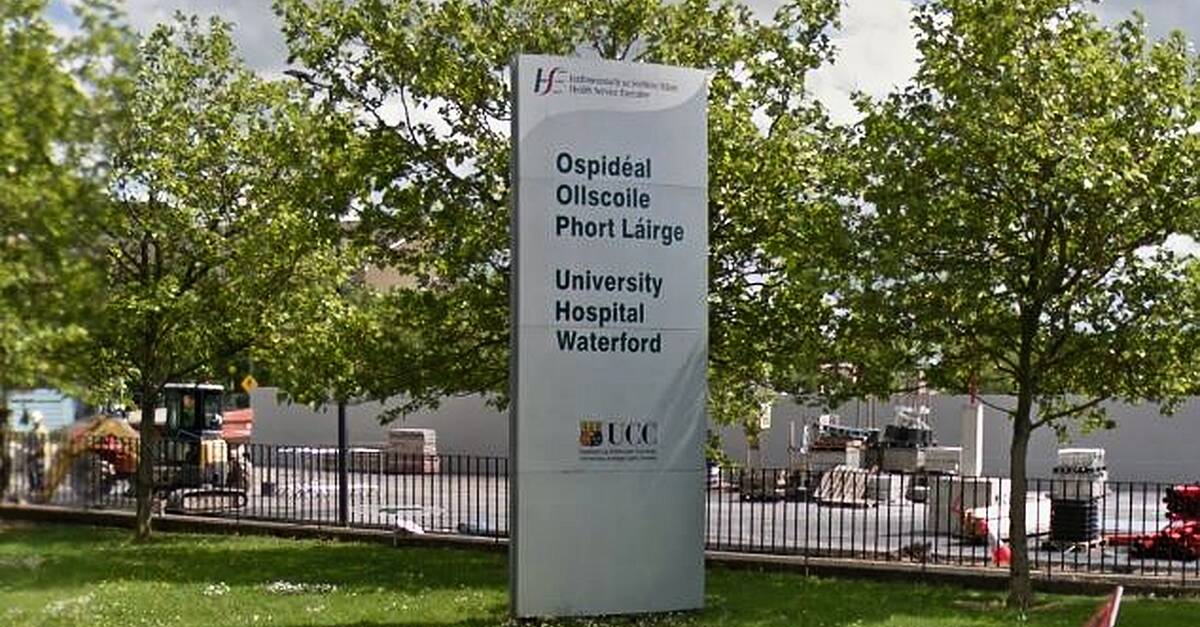Up to 700 coroner-requested autopsies carried out each year in Waterford are under threat from January, with fears that families could face long delays in having their loved ones’ remains released for funerals.
Consultant pathologists at University Hospital Waterford (UHW) are set to withdraw from carrying out coroner-requested postmortems from January 1, and it remains unclear who will provide the service after that date.
As reported in the Irish Examiner, these postmortems are required in cases where a death may be suspicious, accidental, or unexpected, as well as in cases of maternal deaths.
In a letter to Fine Gael TD for Tipperary South, Michael Murphy, UHW chief executive Ben O’Sullivan confirmed that the hospital notified the Department of Justice last November that its consultant pathologists “would not be in a position to provide coroner-requested postmortems from January 2026.”
Mr O’Sullivan said: “In a recent workforce planning exercise, the Department of Justice, in conjunction with the Faculty of Pathology, Royal College of Physicians of Ireland, have indicated that the coroner’s postmortem workload in University Hospital Waterford requires four whole-time equivalent pathologists dedicated uniquely to this service.”
He added that the hospital is “currently significantly understaffed” and that HSE diagnostic workloads alone indicate a need for 18 full-time surgical pathologists.
The hospital laboratory currently has six consultants, with recruitment ongoing for three additional posts. However, according to Mr O’Sullivan, the hospital has twice been unsuccessful in recruiting because of the “expected coroner’s postmortem commitments on top of an extremely busy diagnostic service.”
He warned: “This position is unsustainable and HSE consultants no longer have the capacity to guarantee a service to the coroners.”
Waterford is the latest hospital to be affected by the withdrawal of coroner-requested autopsy services, following similar developments at University Hospital Limerick, St James’s Hospital, and the Mater Hospital in Dublin.
Mr O’Sullivan said there are “diverse and complex” reasons for the move, noting that HSE pathologists are primarily “concerned and occupied by diagnostic surgical pathology work in cancer diagnosis and tissue pathology and are struggling to sustain the current commitments to the coroners’ service.”
He also pointed to a global shortage of appropriately qualified pathologists willing to carry out autopsies, adding that coroner postmortems may have to be completed elsewhere or that the Department of Justice may need to source new consultants.
Deputy Michael Murphy said he is aware of a case where the family of a young child had to wait five days for the body to be released because of an autopsy delay, describing the situation as deeply distressing.
He warned that “a cliff-edge is fast approaching without a plan in place.”
A response has been sought from the Department of Justice.
For the latest Waterford News and Sport, tune into WLR News on the hour and download the WLR App for news on demand.

